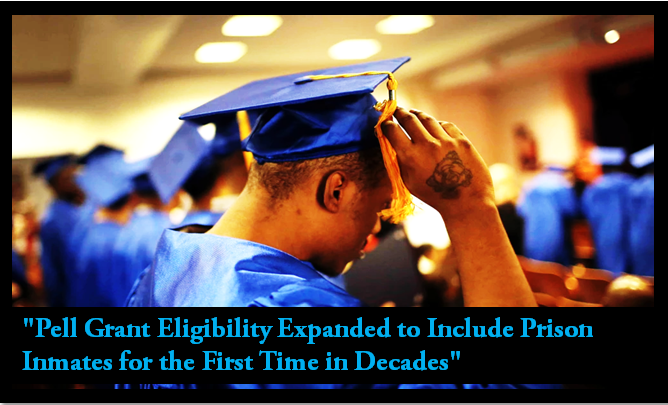The recent reinstatement of Pell Grants for prison inmates marks a significant shift in federal policy, offering incarcerated individuals like Simon Garcia, who graduated with honours while serving time in Kansas, a newfound chance at education and redemption. This initiative, once revoked in the tough-on-crime era of the 1990s, has been reestablished, reflecting evolving attitudes towards rehabilitation.
Under the Second Chance Pell experiment introduced in 2016, selected correctional facilities have begun offering fully funded college programmes, demonstrating promising outcomes. Studies show that participation in prison education programmes significantly reduces recidivism rates, ultimately benefiting society by lowering re-incarceration costs and fostering community integration.
While some critics argue against extending educational opportunities to convicted felons, proponents emphasise the transformative power of education in facilitating successful reintegration into society. For individuals like Terrin Keith, who transitioned from a life of addiction and crime to securing employment post-release, education serves as a catalyst for positive change.
Moreover, employers like Bob Holloway, who recognise the value of skilled labour regardless of criminal history, offer hope for successful reentry into the workforce. Despite initial scepticism, Holloway’s experience highlights the potential for formerly incarcerated individuals to contribute meaningfully to the workforce with the right opportunities.
Ultimately, initiatives like Pell Grants for inmates represent a crucial step towards promoting rehabilitation and reducing recidivism, offering hope and opportunity to those seeking to rebuild their lives post-incarceration.
Irish Samachar English News
Kindly click the link below to join WhatsApp group chat to get important news and breaking news from Irish Samachar.
https://chat.whatsapp.com/LpyaKIZ9IXc2frnumMNOMF
{OR} Kindly click to follow the Irish Samachar News channel on WhatsApp


Comments are closed.